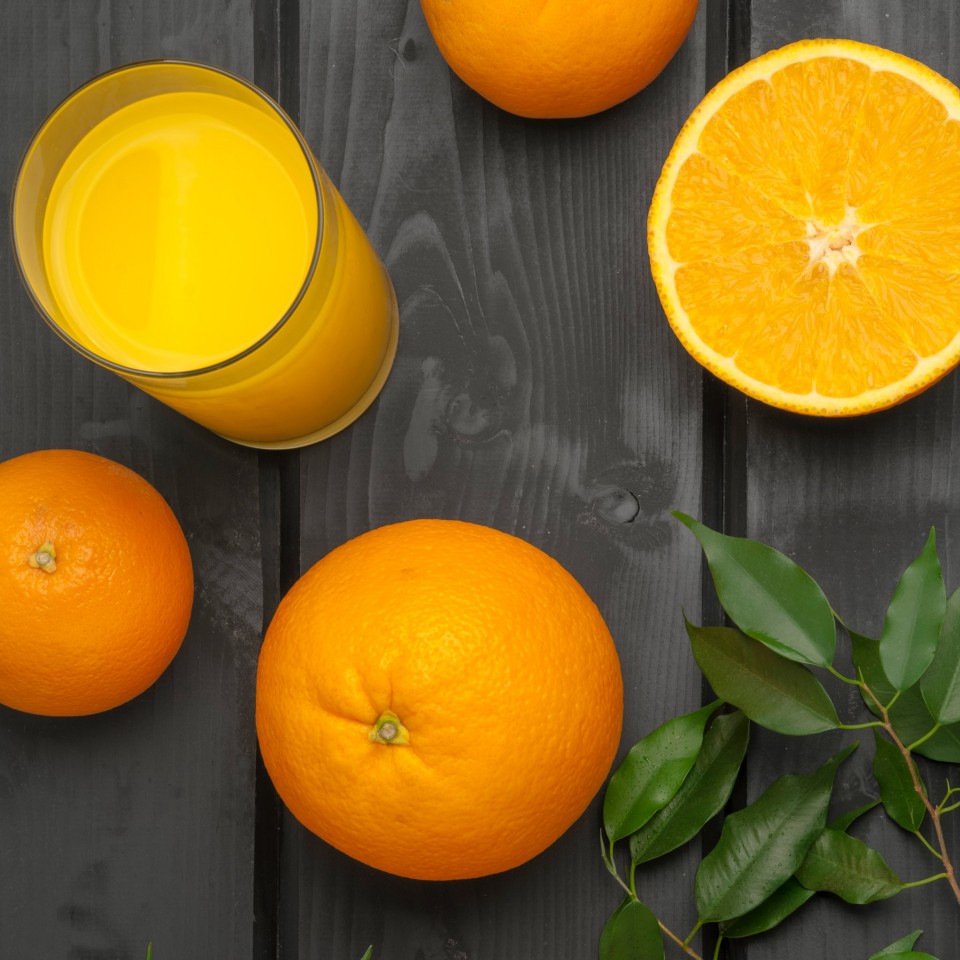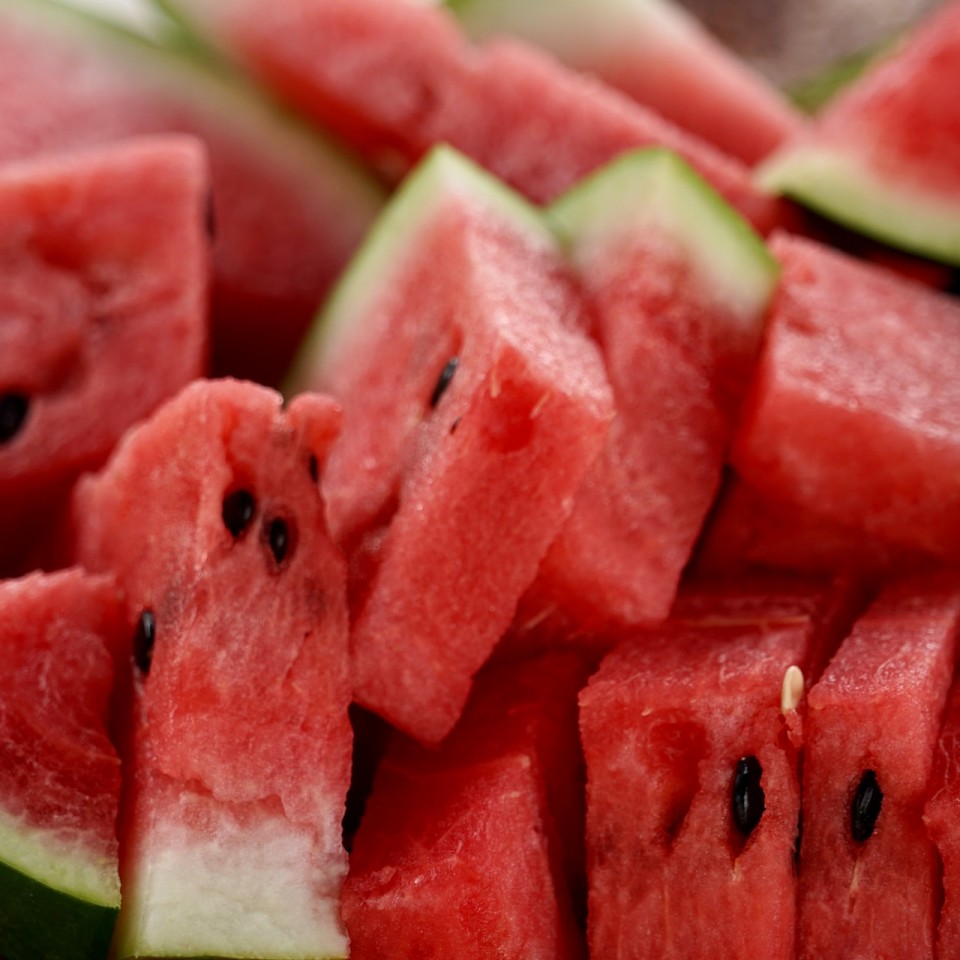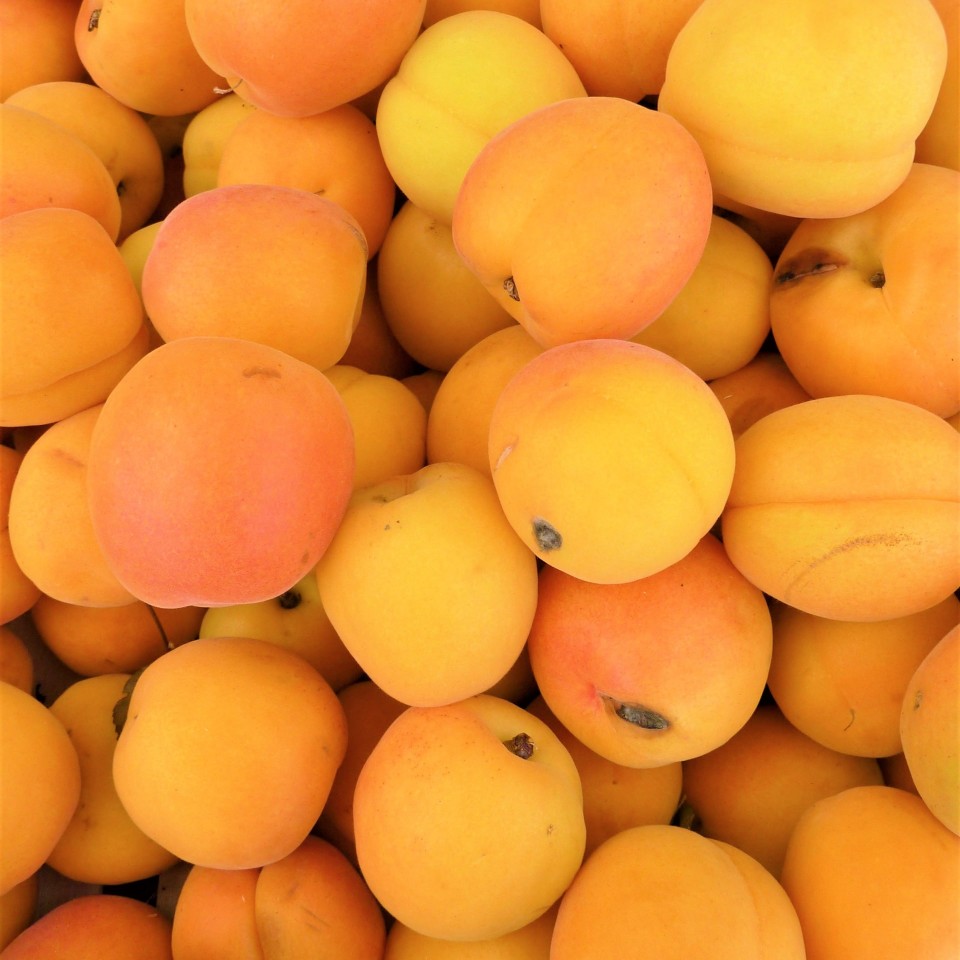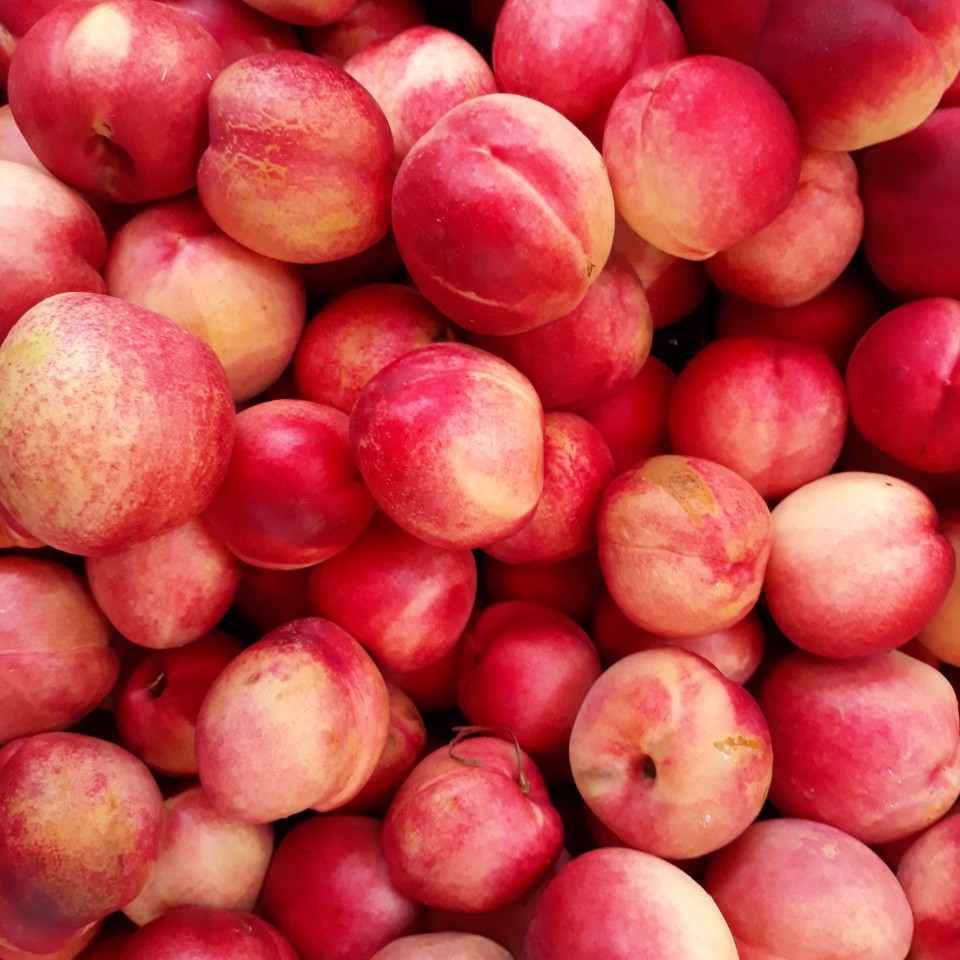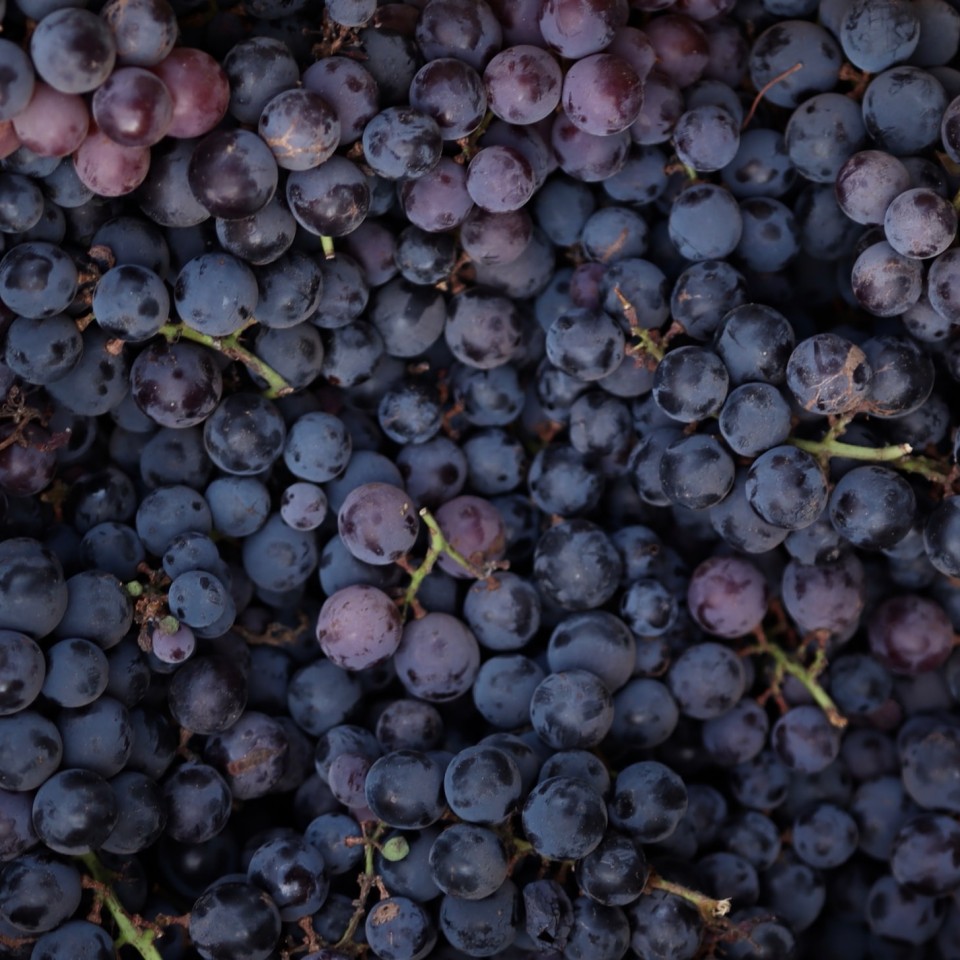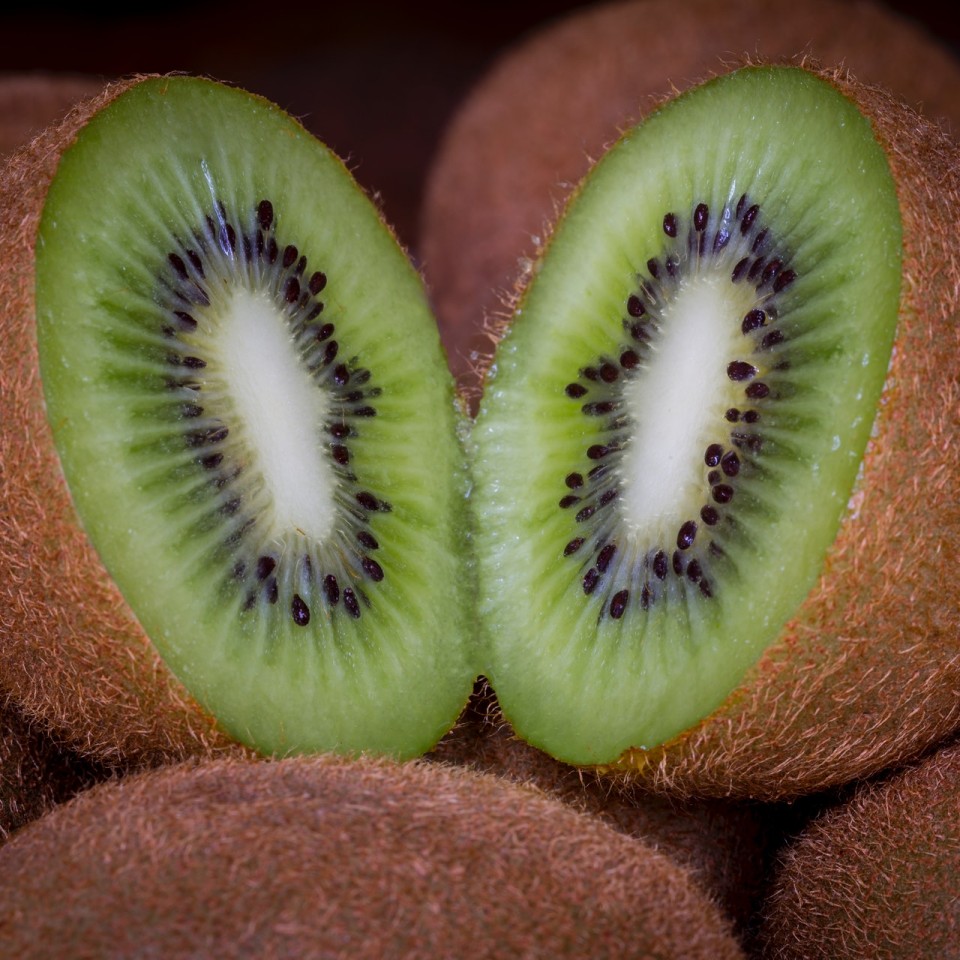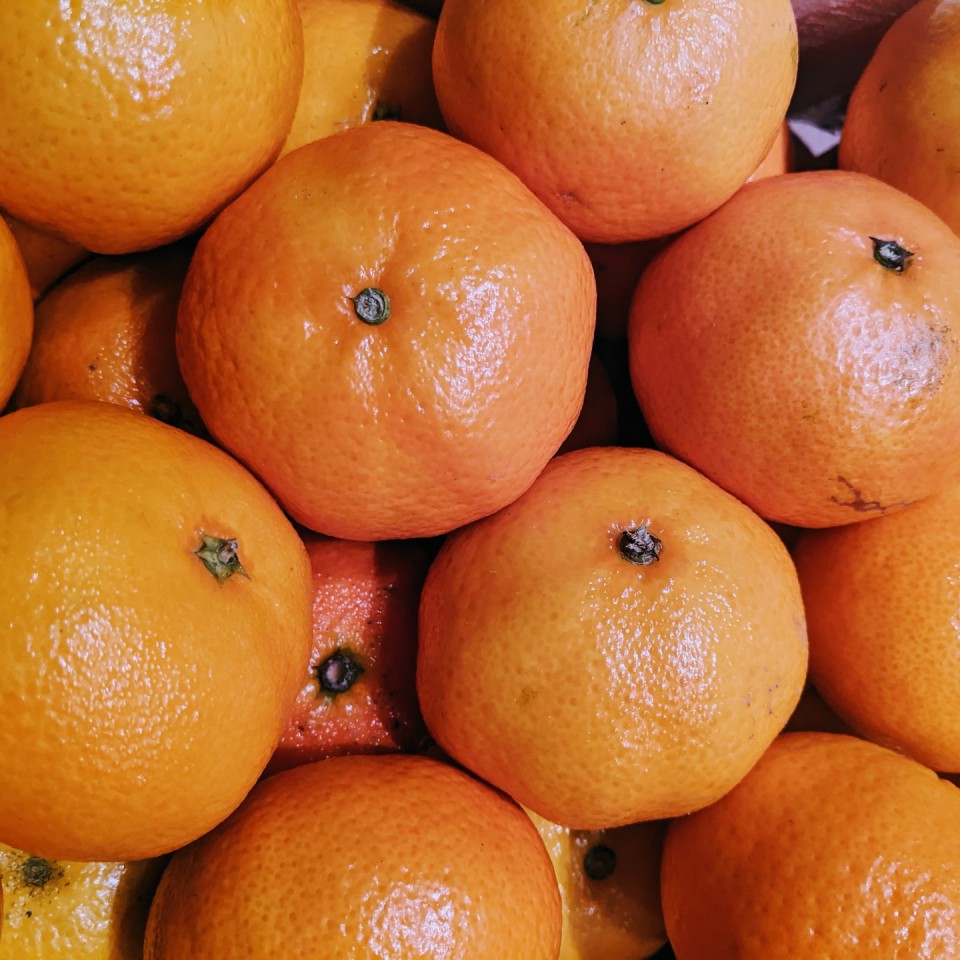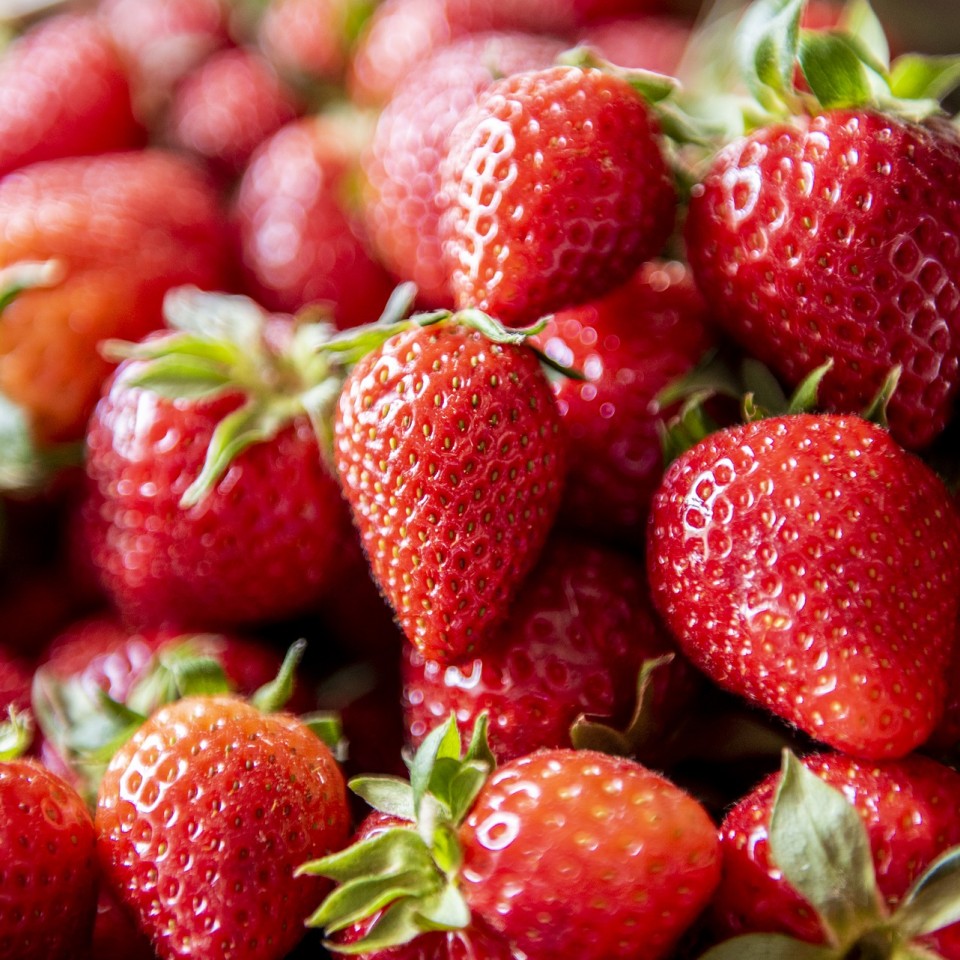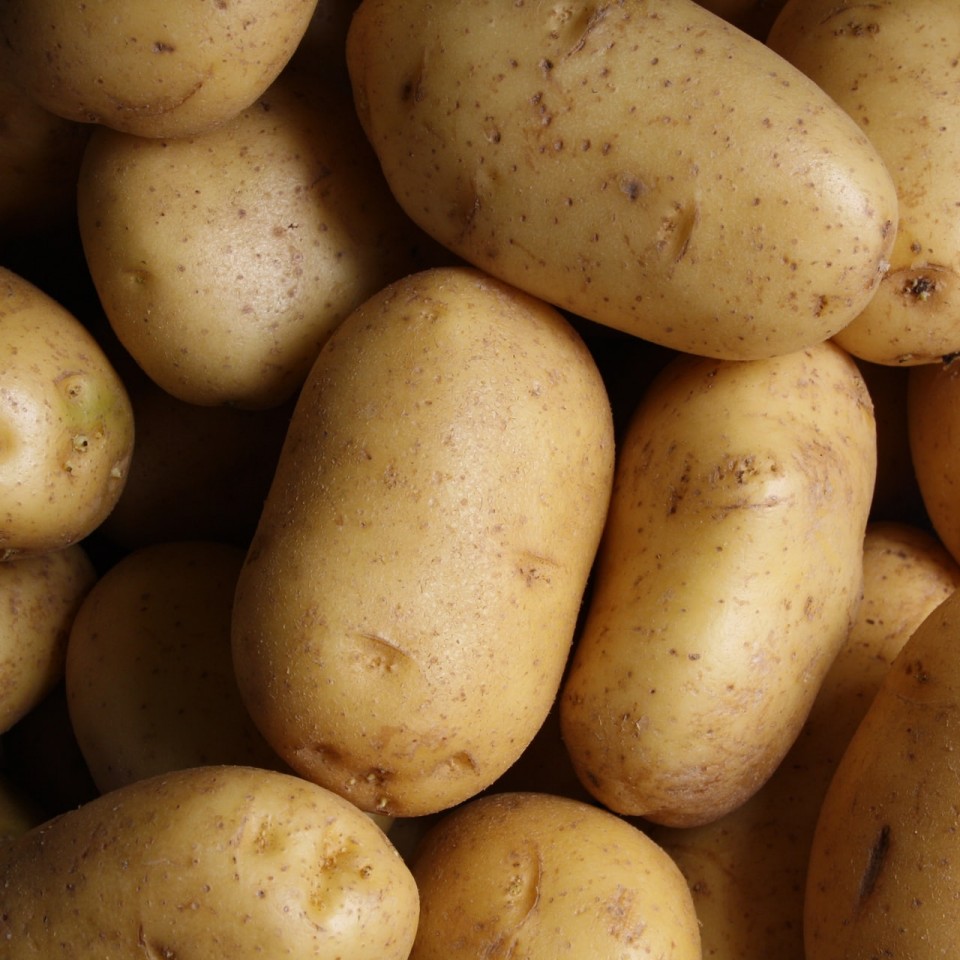Oranges from Greece
The oranges we offer come from the northeastern part of the Peloponnese, the Argolis region and the area around Corinth.
When there is at least one orange on the plate, the whole house gets brighter and happier from this “lump” of sun. Among the citrus fruits, of which there are over a dozen species, oranges and lemons are in the first place.
Oranges are said to come from China. But they won the whole world when their range of crops surrounded the globe. And it happened only about a hundred years ago.
The orange tree, 7-10 m high, is perhaps one of the most beautiful in the world. Against the background of glossy dark green leaves, there is either a thick, white veil of a wonderfully fragrant flower, or balls of dark green to golden fruit. These fruits contain a lot of vitamins C, A, E, P, B vitamins, as well as potassium, soda, lime, iron and copper. Oranges are destructive to microbes, and the juices and other drinks made from them are refreshing and provide relief from feverish diseases.
